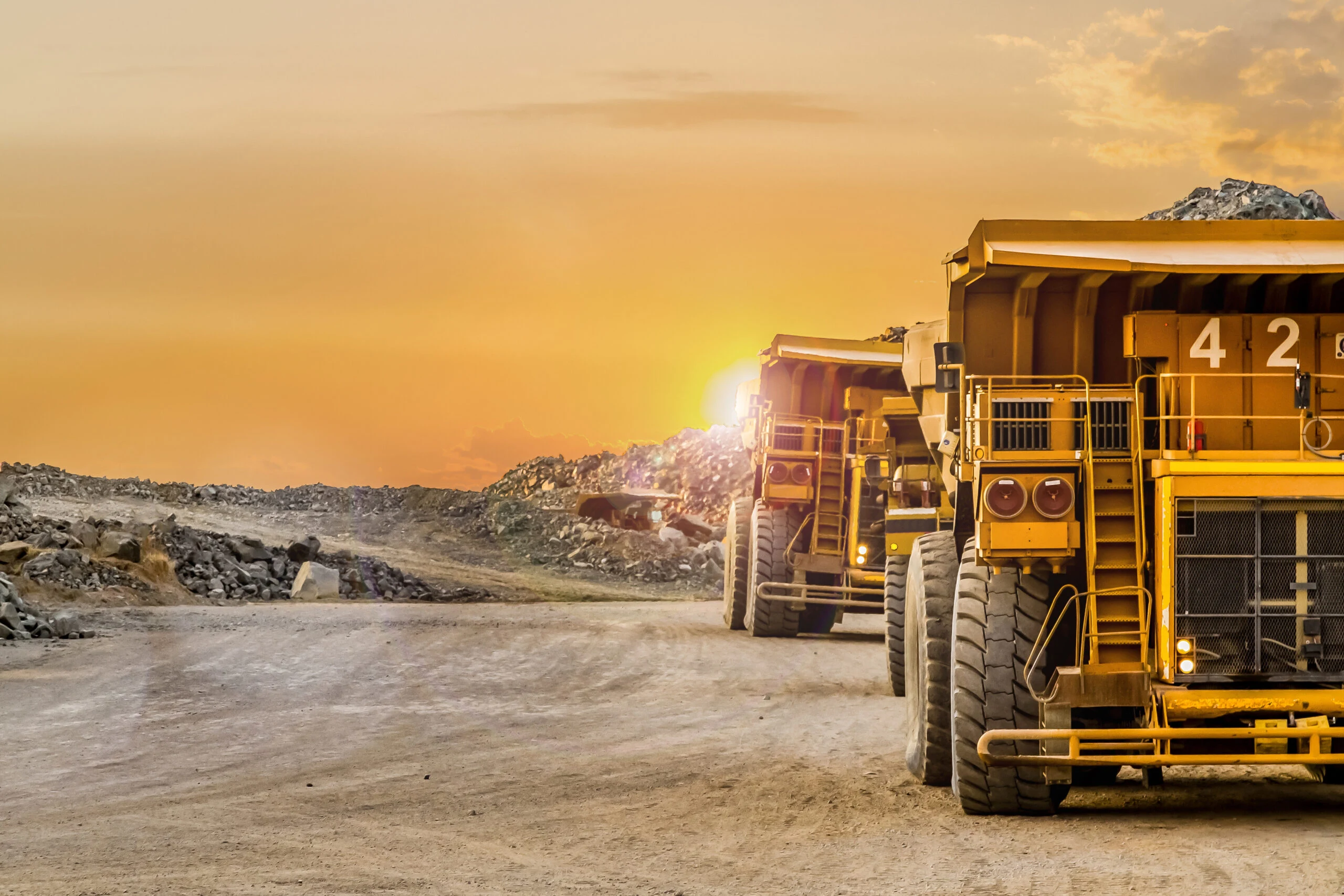Eastern India’s mining industry has
reached a point of decision where economic imperatives and environmental
sustainability struggle for precedence. This region is rich in minerals, and it
has been the centre of mining activities, which have significantly contributed
to India’s economy. Yet, the environmental impact of these activities has
raised concerns that warrant a critical analysis of how the mining sector in
Eastern India reconciles economic growth with ecological preservation.
The Economic Backbone: Mining Supply Chain in Eastern India
It is a complex system that includes
mineral extraction, processing, and distribution. This chain is essential for
the region’s economy as it provides employment opportunities and contributes to
its Gross Domestic Product (GDP). The mining supply chain Eastern India, like Odisha, Jharkhand, and West Bengal, is
very important since there are vast deposits of such minerals as iron ore,
coal, bauxite and chromite here. For the sustainability of the industry and its
ability to meet the growing demand for minerals in both domestic and
international markets, the mining supply chain must be operated efficiently.
Environmental Stewardship vs. Economic Needs
The environmental impacts arising from
mining operations across Eastern India cannot be ignored. The major challenges
facing this sector include deforestation, soil erosion, water pollution as well
as loss of biodiversity. The problem lies in having mines that are both
economically viable and yet do not result in the degradation of the
environment. Such will involve embracing sophisticated technologies like the
use of mining crusher machine in Odisha
that enhance more eco-friendly mineral processing methods.
Innovative Solutions for Sustainable Mining
To address these concerns related to the
environment, East Indian miners are increasingly coming up with smarter
solutions. This adoption enhances sustainable practices by introducing modern
technology. These machines make processing more efficient, reducing huge land
utilisation and consequently minimising the chances of pollution on the
environment. Similarly, companies have invested in reclamation programs
alongside afforestation projects aimed at returning mined lands back to their
previous states, thus ensuring that the mining supply chain in Eastern India
remains both economically viable and environmentally responsible.
The Role of Policy and Community Engagement
Government policies are critical in
ensuring that mining activities take place in an environmentally sustainable
way. They must have regulations that require environmental impact assessments,
proper waste management, and community consultation. Also, mining can become
more inclusive and sustainable by engaging local people who should benefit from
it. Decisions between communities themselves may provide some better
environmental management options or even just a fairer share of wealth to all
stakeholders.
Conclusion
Companies like Naaraayani are taking the
lead in finding a balance between economic growth and environmental
preservation within Eastern India’s mining establishments. This means that with
their diverse fleet comprising of advanced mining
crusher machine in Odisha, Naaraayani shows what modern technology looks
like when used to deliver efficient yet eco-friendly mining practices.
Other companies outsource their
requirement for iron ore mining to Naaraayani, recognising its capability to
manage the mining process effectively. The commitment of Naaraayani towards
sustainable mining epitomises the potential for East Indian mines to thrive
economically while upholding ecological stewardship.




Comments
Post a Comment